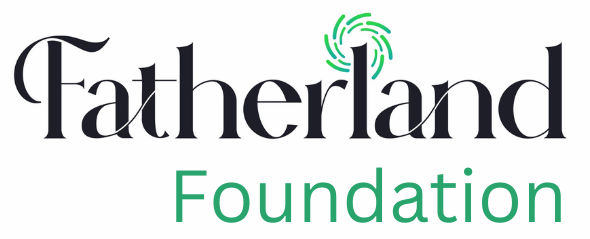Political instability in Africa Where the problem lies and alternative perspectives.
Africa’s leadership problem and political instability.
The African political instability and other related problems is basically a consequence of its leadership problem. At domestic level, African governments are run in ways that have been regarded as far from the modern western state systems,(Osei Tutu, 2004) upon which they are modelled. However, it should be noted that leadership per see is not a new concept to African traditions or cultural practices. The forms and context could be different, but systems of governance in many cultures had characteristics that can be found in modern systems of governance.2 But in the context of adoption of the modern western state system, many African communities abandoned their ways3 during the colonial period, and where they embraced the western models, with the ushering in of independence”, the implementation was distorted and entailed a lot of arm twisting at the height of the transition from colonialism to independence. The colonialist did not leave the continent willingly. The post-colonial Governments “sought national unity through the centralization of political and economic power, employing vestigial colonial laws and institutions to stifle and suppress pluralism” (Annan, 2008) For example, the constitutions that were bequeathed to the newly independent states were the products of protracted negotiations in western capitals, whose outcomes were in most cases
favourable to the departing colonial powers. It can therefore be argued that from the very start, leadership problem crept into the new states, as the new African leadership became the neocolonialists, while the liberators turned into oppressors of their own people. Instead we have an African leadership which is not in Fanons, words “engaged in production, nor in invention, nor building, nor labour; it is completely canalized into activities of the intermediary type. Its innermost vocation seems to be to keep in the running and be part of the racket” (Fanon, 1967). These domestic factors have contributed significantly to the shape of political and economic transitions, in Africa. As argued by O’Donnell and Schmitter (1986), “Domestic factors play a predominant role in the transition”. These domestic factors often range from “corrupt rulers, repression, a colonial legacy, “swollen” states, and insufficient political structures and a destruction of democracy from above (Diamond, Linz, and Lipset 1989; Diamond and Plattner 1999). However, the international context often plays an important role in both the transition in general and the presence of violence in particular (Lupo, 2004).






